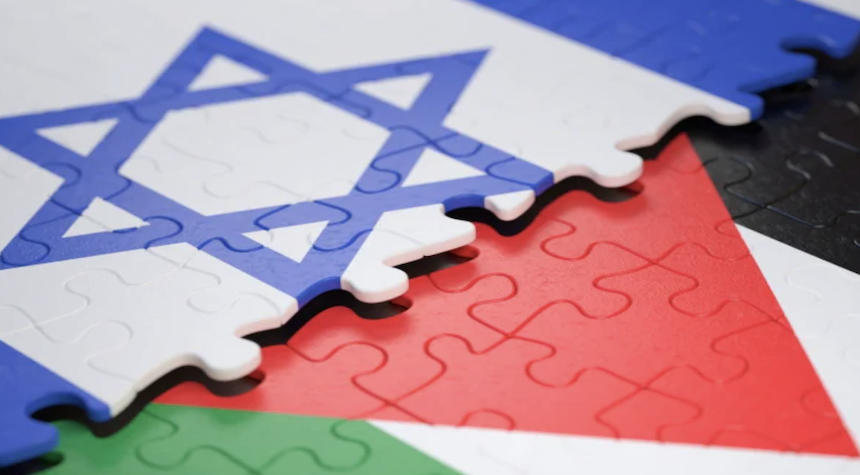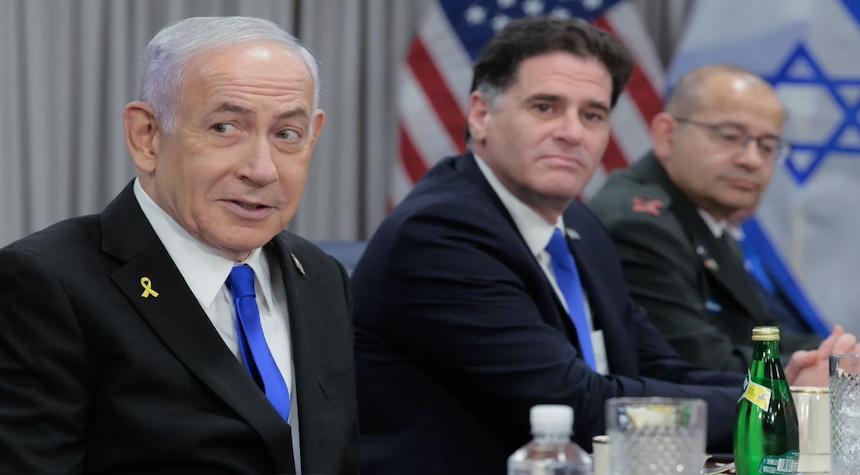A deepening humanitarian crisis in Gaza has now prompted some Republican members of Congress, typically staunch supporters of Israel’s actions against Hamas, to voice concerns over Israeli Prime Minister Benjamin Netanyahu’s plans for the occupation of Gaza City.
These lawmakers have openly stated that such a plan may prove to be a logistical challenge. The fear is that Israel may further distance itself from the international community as support has been waning in the United States, according to Axios. The question has been raised, “Who will be in charge?” as articulated by Rep. Tim Burchett, R-Tenn., a member of the House Foreign Affairs Subcommittee overseeing the Middle East.

Rep. Ryan Zinke, R-Mont., highlights the fact that the dual role of an occupier includes both ensuring security and facilitating humanitarian assistance, as well as fostering economic development. Meanwhile, Rep. Marjorie Taylor Greene, R-Ga., has gone as far as to label the situation in Gaza a “genocide.”
In an early morning announcement, the Israeli Security Cabinet confirmed its “decisive majority” approval of Netanyahu’s plan to vanquish Hamas, which includes gaining control of Gaza City. The alternative plan, they say, would not ensure the defeat of Hamas nor guarantee the return of hostages, according to the Prime Minister’s office.

As part of this strategy, the Israel Defense Forces are tasked with “taking control of Gaza City while distributing humanitarian assistance to the civilian population outside the combat zones,” as stated by the Prime Minister’s office. This plan, however, has been met with stern criticism from Democratic lawmakers. Rep. Brad Schneider, D-Ill., the chairman of the New Democrat Coalition, has referred to it as “tactically questionable and strategically self-defeating.”
Rep. Mike Lawler, R-N.Y., who represents a district with a significant Jewish population, has argued that Israel is left with no choice, given Hamas’s refusal to agree to a ceasefire. The question of who will enforce the removal of Hamas from power and ensure the release of hostages, if not Israel, remains largely unanswered.
This development raises important questions about the future of the Israeli-Palestinian conflict, the role of the international community, and the potential for a lasting peace in the region.


